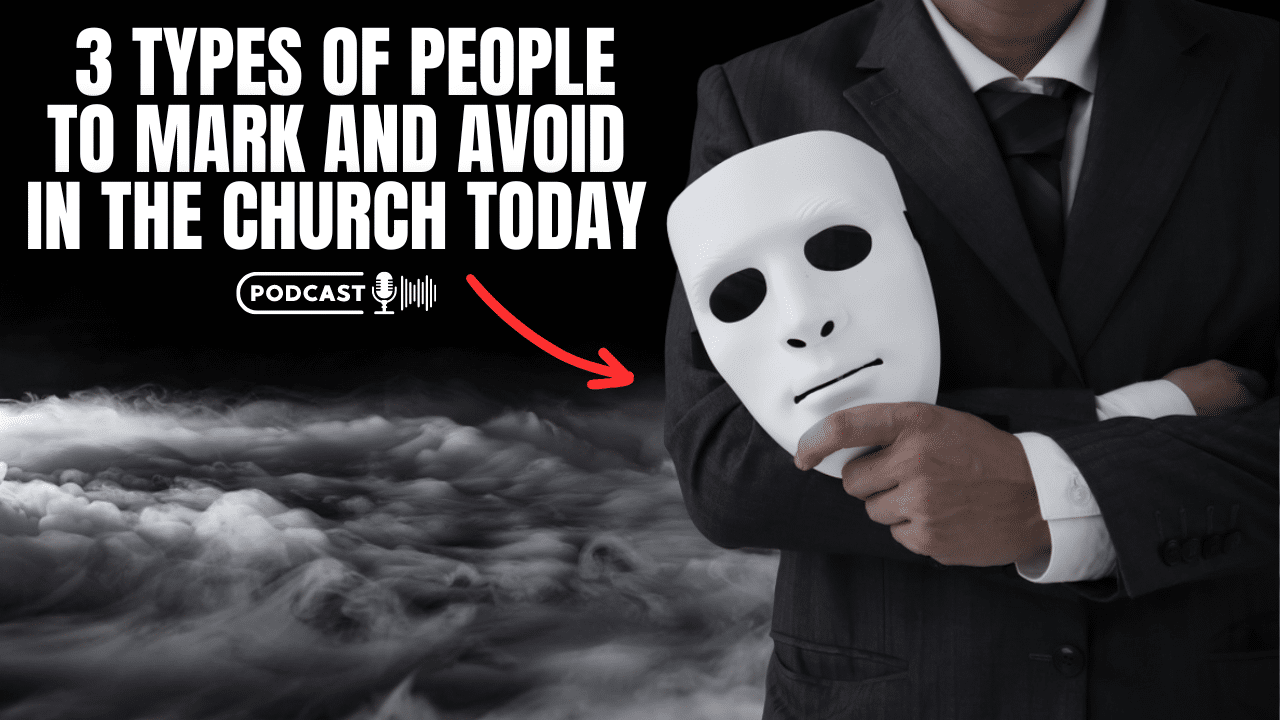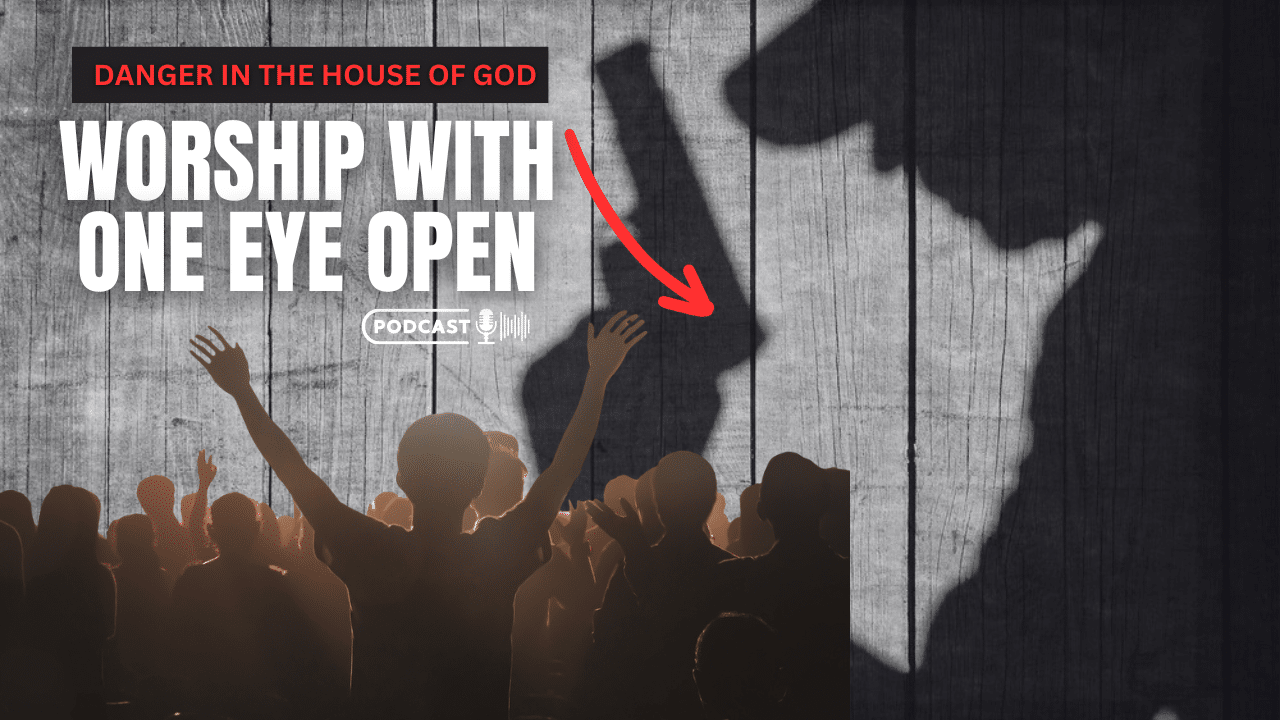Japan is worried. A close neighbor is talking tough. It wants control over Tokyo’s southernmost islands, shipping lanes and oil reserves. Now that talk is relentlessly marching towards action. Prime Minister Fumio Kishida last weekend pledged he would prepare to face aggression.
“We must prepare ourselves for an era when actors emerge to disobey rules and use force or threats to destroy the peace and safety of other nations,” Kishida said as he addressed an international fleet review in Tokyo Bay. “We will accelerate realistic discussions on what’s needed to defend our people by keeping all options on the table.”
That’s more complicated than it sounds. Japan has a strict pacifist constitution. It was adopted after World War II as a result of its invasion of China in 1937 and attack on Pearl Harbor in 1941.
Tokyo’s reputation has never fully recovered. And China’s Chairman Xi Jinping is keen to exploit this bitter history. In 2016, Xi declared it was a “heavy historical responsibility” for his generation to secure the Japanese-administered Senkaku Islands and dominate the East China Sea. But some in Beijing also have eyes on the entire Ryukyu Island chain – including heavily populated Okinawa.
This would give Beijing guaranteed access to the Pacific Ocean and a buffer against retaliatory action from the United States. It’s already working towards this goal.
Last week, a Chinese survey ship crossed through Japanese sovereign waters as warships from the US, Japan, India, and Australia gathered ahead of the annual Malabar war game.
It’s just the latest expression of Beijing’s hostility. Nuclear submarines have entered Tokyo’s waters, combat aircraft regularly circle the home islands, and there’s a near-permanent incursion of fishing boats and coast guard vessels in Japanese-claimed waters.
Now 90 percent of the Japanese population say their government must prepare for a Chinese attack on Taiwan. Some 40 percent want the constitution amended to boost Japan’s ability to respond. (SOURCE)

















